
Move Over, Wine Moms! Make Room for Microdosing Moms!
DISCLAIMER: Do not microdose if you are pregnant, breastfeeding, or are on any other medication. Not all heroes wear capes and moms are no exceptions!
Many countries that formerly had very strict psychedelic laws are now relaxing them. This change of heart stems mainly from policy that’s aimed at increasing research on the therapeutic benefits of hallucinogens and legislation that steers people away from hard, dangerous drugs.
If you are a psychonaut who wants to travel to hallucinogenic-friendly places, the following guide informs you about countries that have psychedelics that are, for the most, part legal.
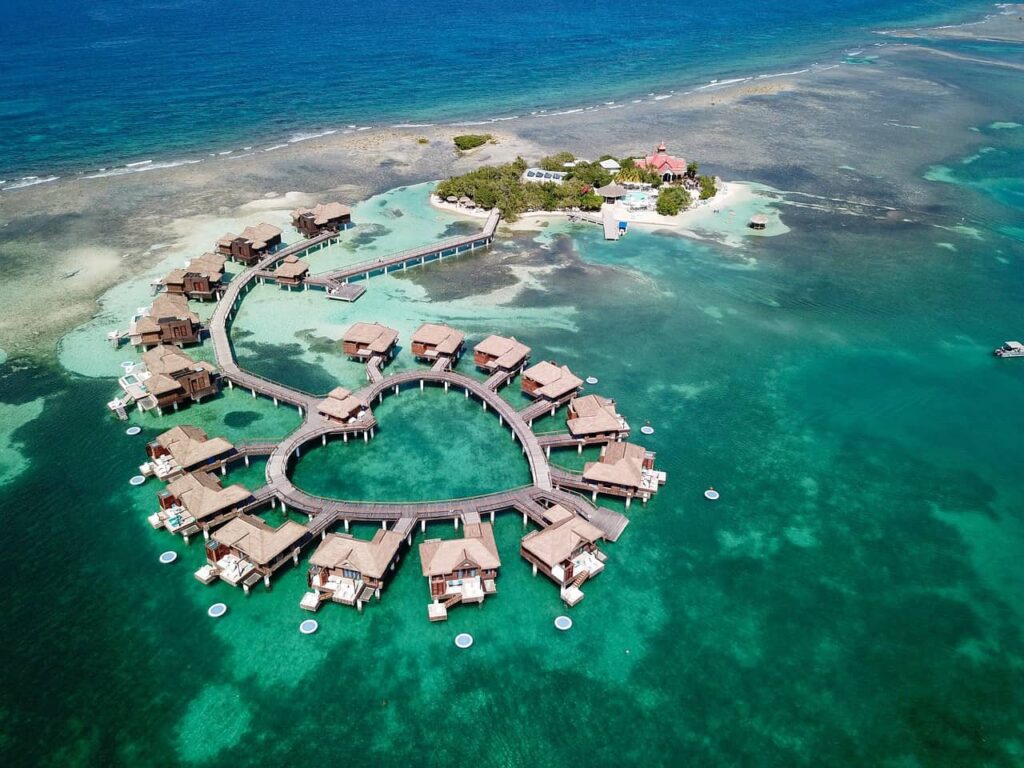
Jamaica is known for being the birthplace of reggae and for its gorgeous island surroundings that cause tourists to flock there. It’s also known for its lax attitude on psychedelics, which is primarily owed to the fact that the country’s government has never explicitly made them illegal. As such, they are sold openly.
Additionally, there are plenty of opportunities for hallucinogenic retreats near the nation’s capital, Kingston. There’s hardly a prettier place for a retreat than a Caribbean villa, and these locales help put you in touch with your spiritual, creative and personal side in safe, legal settings.
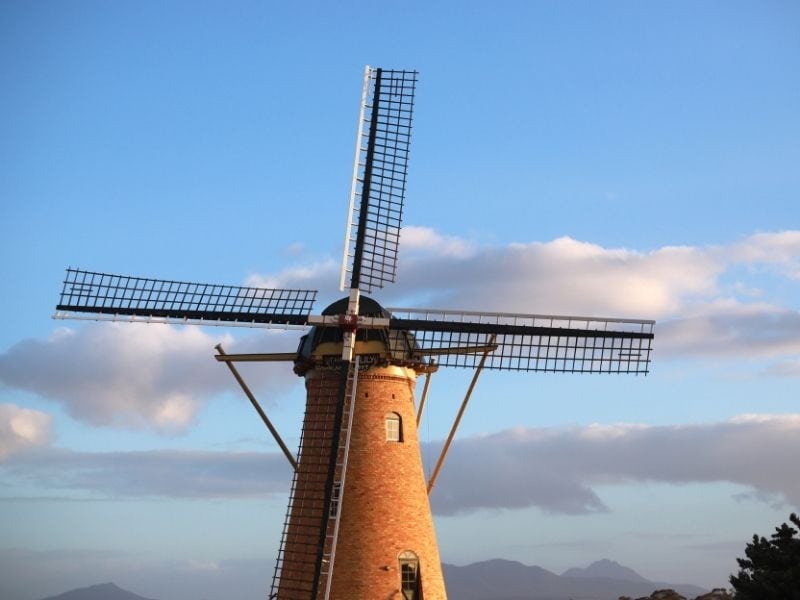
The Netherlands have long been regarded as Europe’s most psychedelic-friendly environment, and as such, it is should be on every psychonaut’s itinerary.
Dutch drug laws are relaxed, and there is more of an emphasis placed on educating people about staying away from hard drugs than criminalizing soft drugs like cannabis and magic truffles. There are about 40 smart shops in Amsterdam, and you can buy magic truffles in most of them.
If you are staying in the Netherlands for a longer period of time and will not be staying in Amsterdam the whole time, then you can also buy magic truffles online from an online truffle vendor! In fact, many of these truffle vendors also ship across the E.U. as well, meaning you can order magic truffles to most European addresses! However, almost all of the online truffle vendors currently reside in the Netherlands.
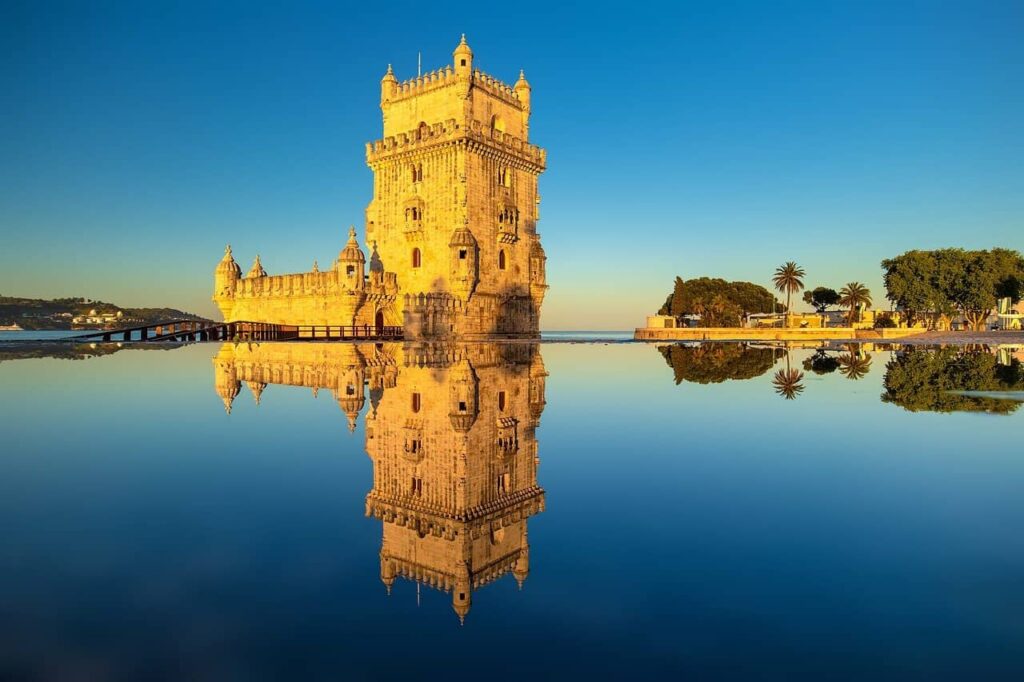
Portugal is another European country with an extremely friendly attitude toward hallucinogens and their devotees. In 2001, all drugs were decriminalized in the country, and this is one of the main reasons that psychoactive substances are openly used there.
Various psychedelic retreat centers cater to plant medicine venues which feature iboga, mescaline and psilocybin ceremonies. Oh, and Portugal also hosts the Boom Festival every two years, which is one of the biggest Psytrance Festivals in the world.
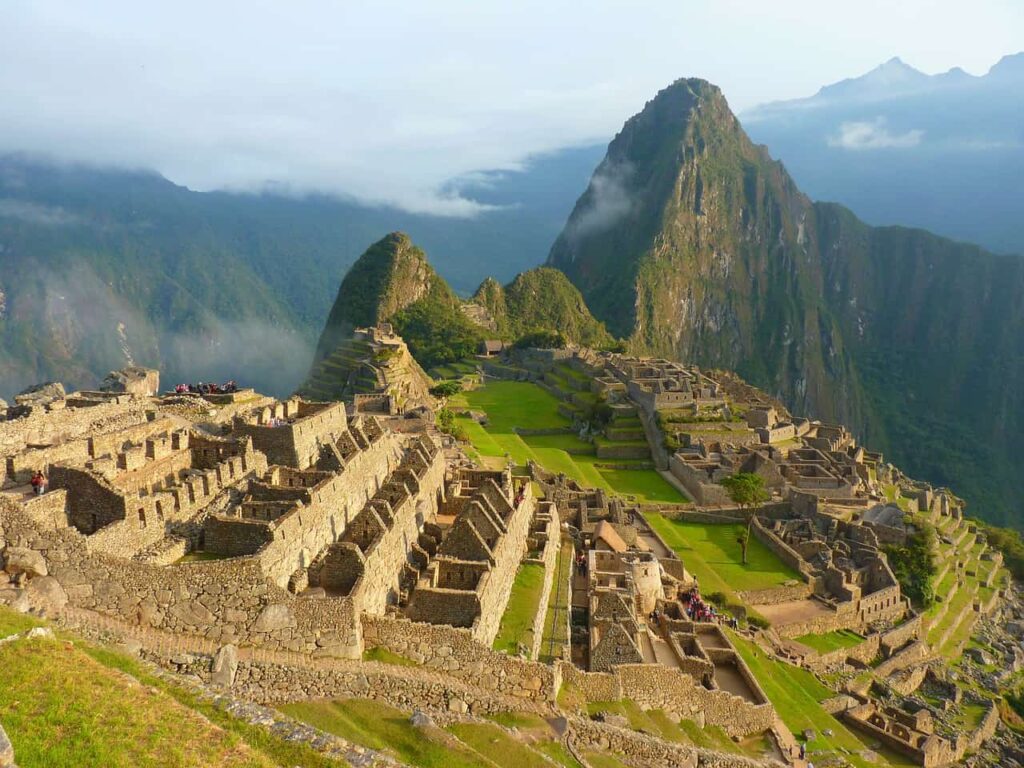
Peru has a long, storied history with ayahuasca, and shamans administer it to the indigenous people in the Peruvian Amazon because of the health benefits and the sacred experience it brings. Every year, thousands of tourists go on pilgrimages to visit jungle retreats in the country where they can try the DMT-containing potion.
This psychedelic tourism in Peru and other countries are fueled, in large part, because scientists, therapists, and neurologists everywhere came to the realization that ayahuasca and other psychedelics are believed to be effective therapies for disorders such as depression and PTSD. Today, ayahuasca is legal to use and possess in Peru, and there are several private corporations and organizations that offer retreats to psychonauts who are keen ongoing.
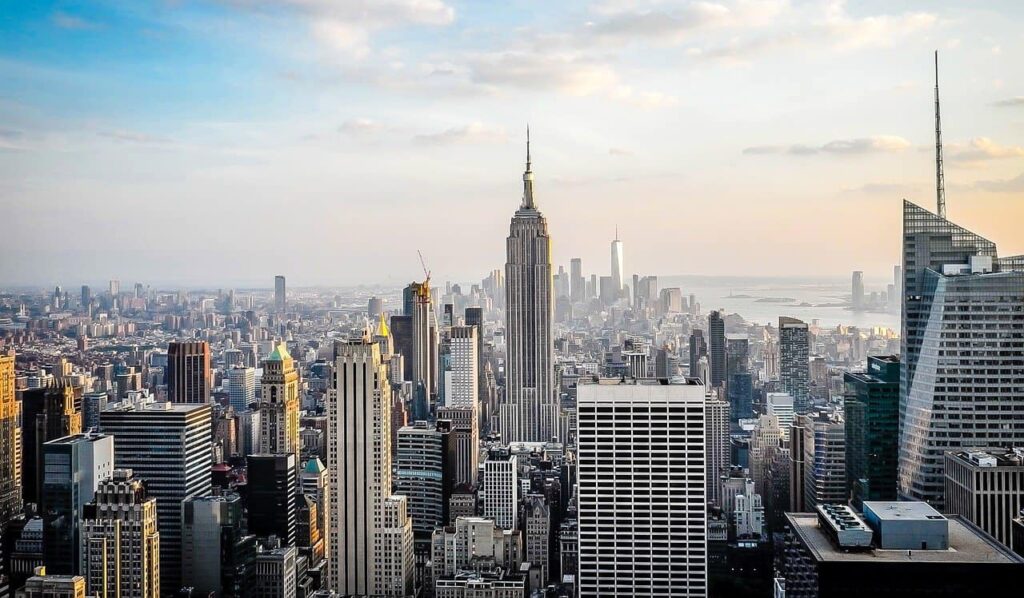
In the United States, hallucinogens are illegal in most of the country, saved for clinical, medically sanctioned and therapeutic use. However, a U.S. Supreme Court decision in 2006 ruled that Native Americans had the religious right to consume DMT-containing ayahuasca on their lands. Because of this ruling, members of the Native American Church can additionally consume peyote anywhere on the reservation legally.
The Supreme Court ruling also covers legally recognized Ayahuasca churches in Florida, who are allowed to import the plants used as components in ayahuasca, brew the drink, and administer it to ceremony participants.
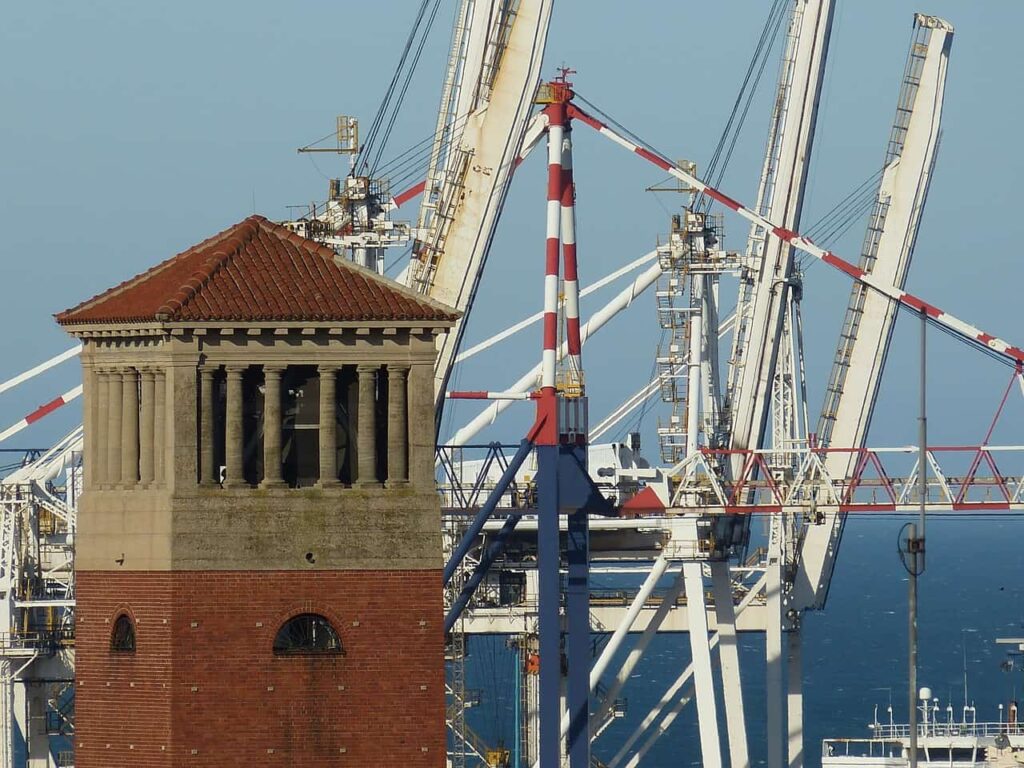
A lot of well-known psychedelics have origins in the continent of Africa, including African dream root. The stringy plant, otherwise known as Silene Capensis and Silene Undulata, is native to the Eastern Cape of South Africa. Silene Capensis grows in grasslands and open forests, and it encroaches on several South African countries.
Zulu and Xhosa healers of South Africa prize the roots of African dream root which, according to research, can produce vivid or lucid dream-inducing states. The properties of Silene Capensis come from plant compounds known as saponins, which are present in the roots.
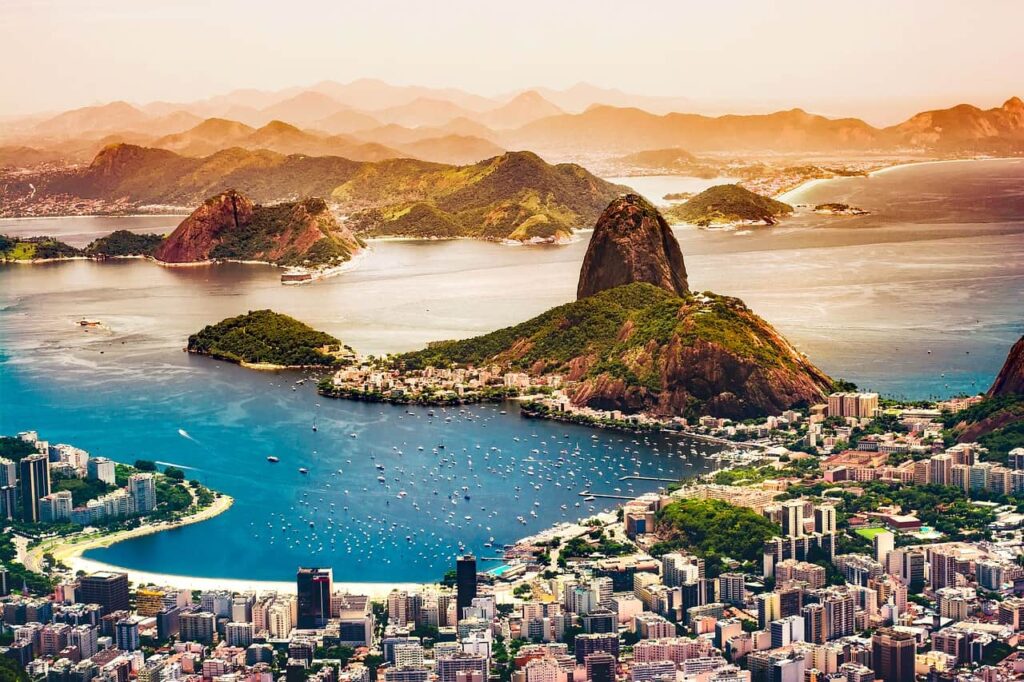
Even though Brazil is a member of the UN’s Convention on Psychotherapies, there are no specific laws that ban the use of psychedelic substances such as ayahuasca and magic mushrooms. This means that Brazilians can possess, vend, transport, and grow these psychedelics without restrictions.
Also, there was a legal battle over ayahuasca between religious practitioners and the government that is similar to the one fought over ayahuasca and peyote in the U.S. The legal ruling favoured the religious practitioners in the end, too. As a result, ayahuasca has been legal in Brazil since 1992, and the country became one of the top destinations in the world for ayahuasca retreats.
Like many countries around the world, Asian countries are becoming increasingly tolerant of hallucinogens used in medical treatments. Today, psychedelic companies that are developing medical treatments are on the rise in different countries, including China. A “sleeping giant” no more when it comes to supplying psychoactive therapy outlets, the country that is known for its holistic and botanical treatments, is making massive, pro-hallucinogenic strides.
Specifically, one Chinese company is exploring opportunities in the psychedelic medicine space after research at John Hopkins University in the U.S. indicated that psilocybin holds promise for treating depression, post-traumatic stress disorder (PTSD), anxiety and certain addictions. MJ MedTech, a subsidiary of Wuhan General Group, is leading the foray into producing medicinal marijuana and mushrooms for patients.
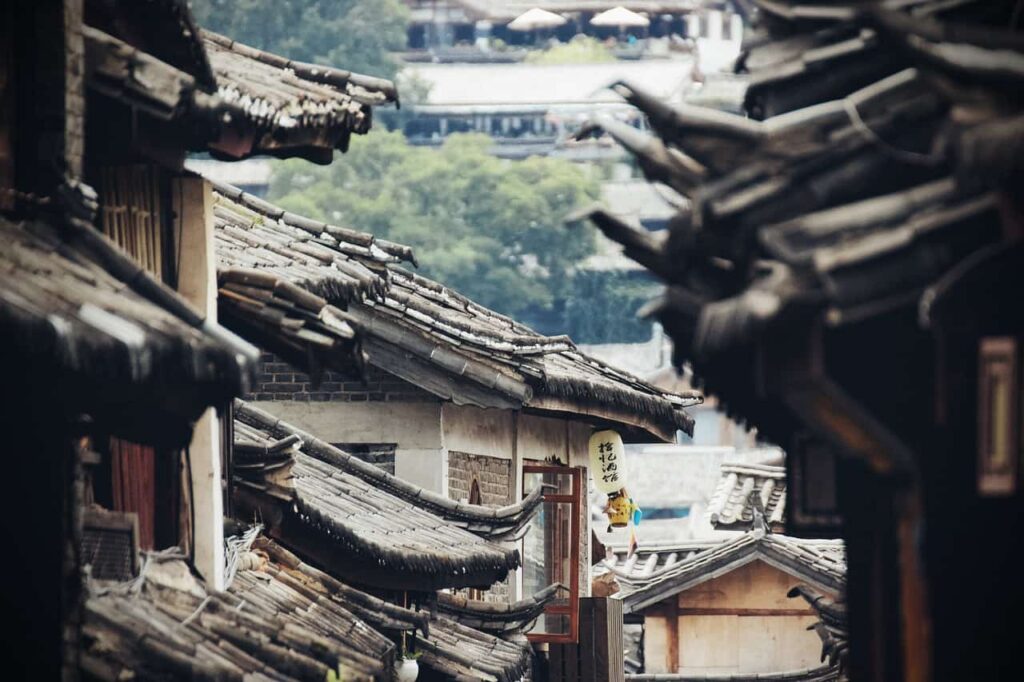
For psychonauts, it’s worth a visit to China and other Asian countries to study their traditional medicine, research hallucinogens and enjoy their rich culture. Do keep in mind, though, when travelling to Asian regions, including China, that they contain some of the least friendly laws for psychedelics. Countries such as the Philippines and Malaysia, especially, take a very hard stance on hallucinogens. Both countries are notoriously intolerant of controlled substances, and they don’t kid around in the slightest if you are caught.
Even though you may see psychedelics openly being used in Asian countries, if you are caught, the penalties can be monumentally severe. Take Thailand, for example, where you can easily find magic mushrooms in pizza and smoothies. The authorities there can slap you with a tariff of up to 15 years in prison and subject you to skyscraper steep fines if they think you have enough psilocybin in your possession to classify you as a dealer.
If you are a psychonaut struck with wanderlust, this post should get you started and give you some wonderful food for thought. And, whether you are heading to a psychedelic-friendly country for a sacred ceremony, Psytrance Festival, or some other escape, this list offers a little bit for everyone. Of course, you should always act responsibly and brush up on the laws of the country you are visiting for the best outcome.

DISCLAIMER: Do not microdose if you are pregnant, breastfeeding, or are on any other medication. Not all heroes wear capes and moms are no exceptions!
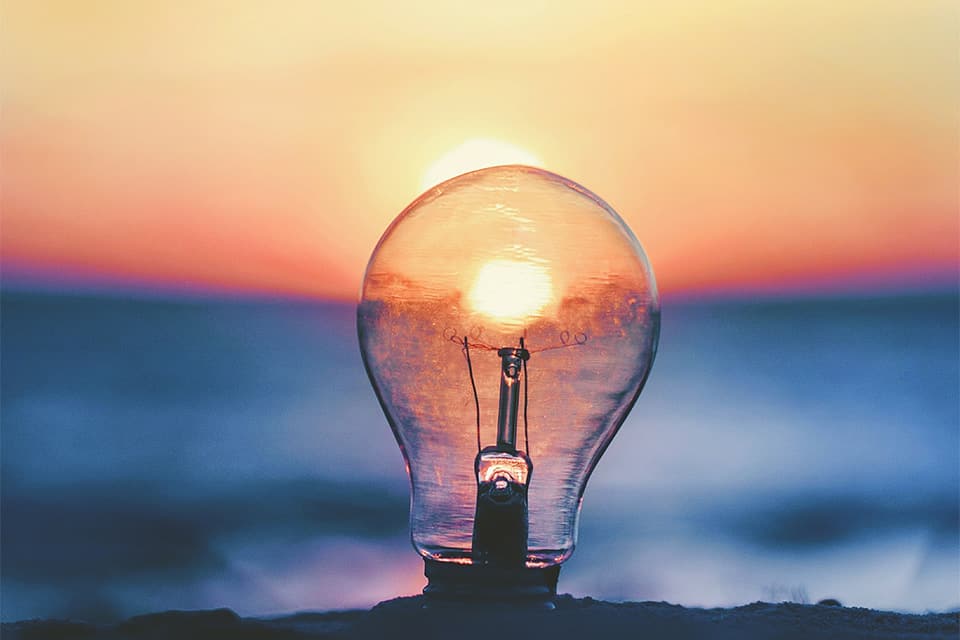
Have lockdown restrictions been getting to you recently? If you clicked on this article, then I reckon it is safe to assume the answer to
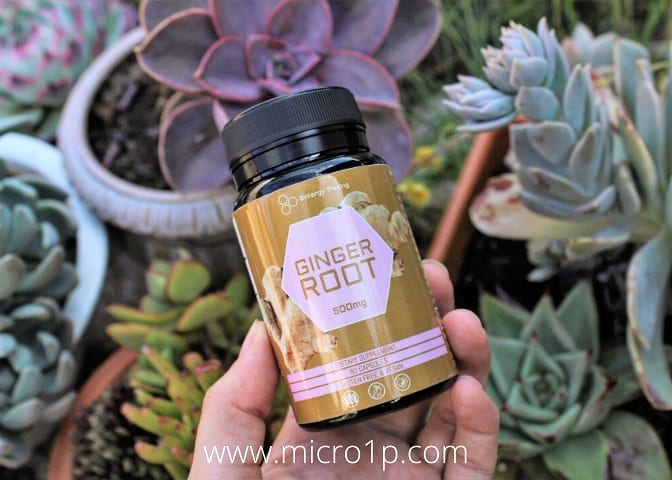
Ginger is known to be one of the healthiest spices on the planet. Ginger root is a plant, originally from China, that is widely
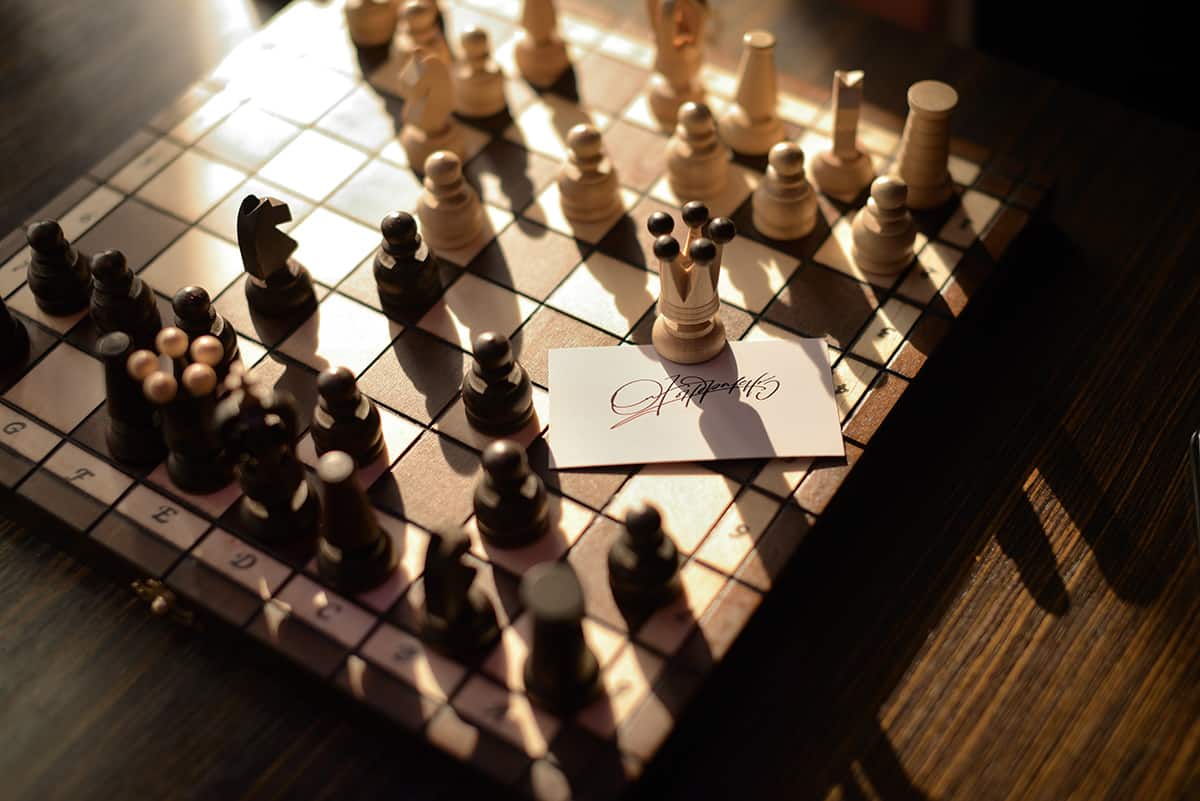
Most entrepreneurs will tell you if you don’t have enough time, capital, mental fortitude etc., then starting a business may not be the right path
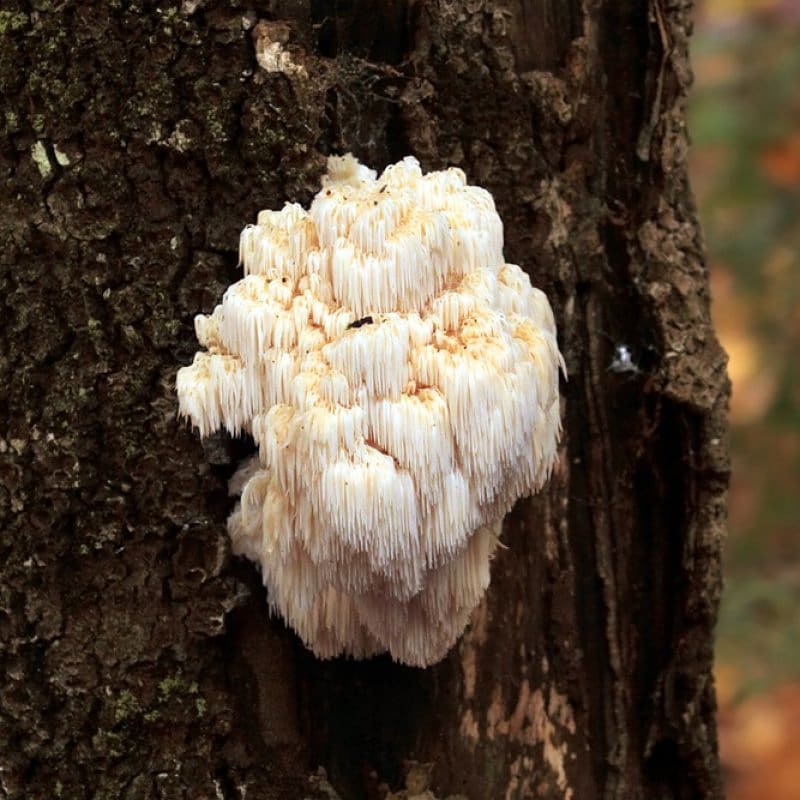
Let us introduce you to the Lion’s Mane mushrooms. Lion’s Mane Latin for ‘Hericium Erinaceus’, the mountain priest in Japan. This powerful mushroom is traditionally
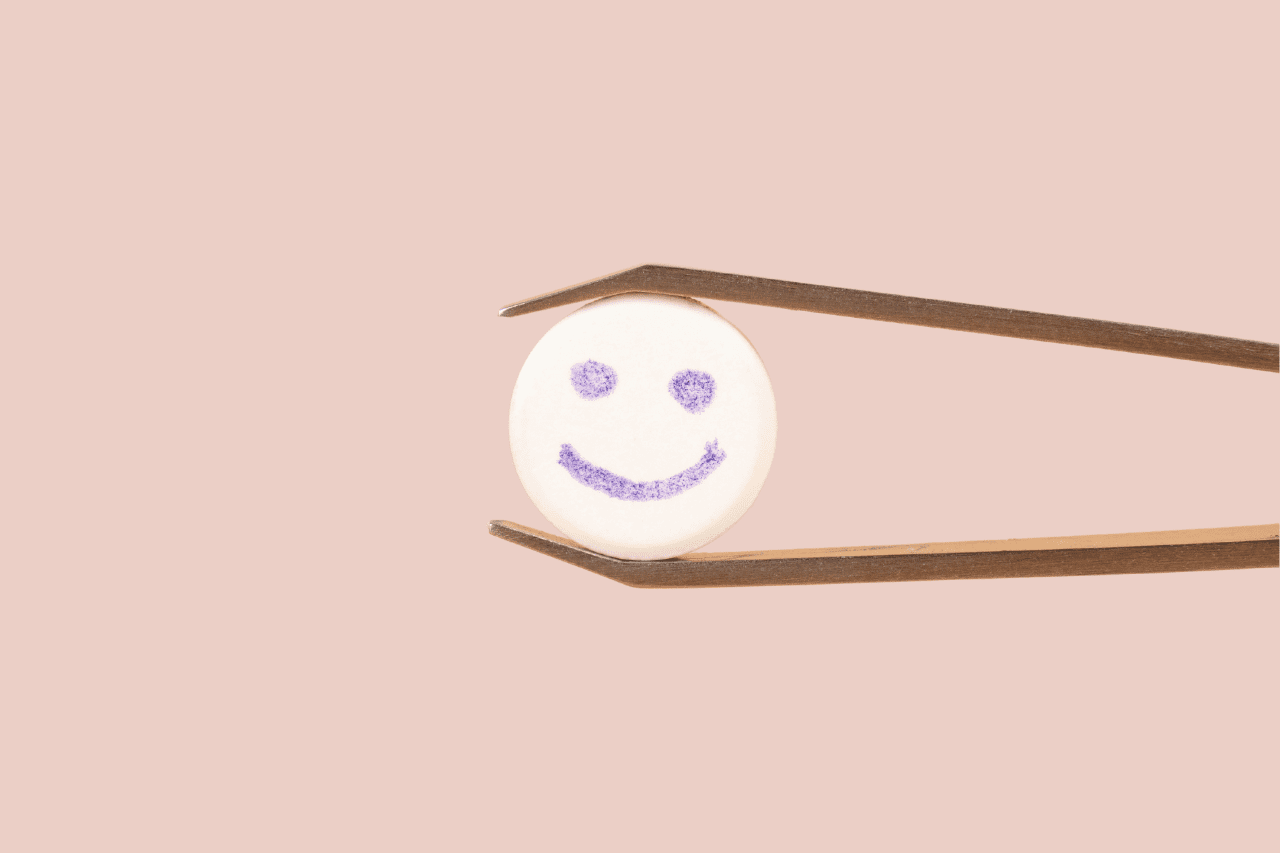
What are Lysergamides? They are a class of compounds structurally similar to lysergic acid, the parent compound in the fungus ergot. People have used
GET 10% DISCOUNT WITH NOTIFIED ABOUT THE LATEST NEWS AND UPDATES. NO SPAM, WE PROMISE!
FREE Tracked shipping on orders over €250 to EU countries.
Monday- Friday 8.30am- 5pm (CET)
A range of options available
Guaranteed delivery or your money back